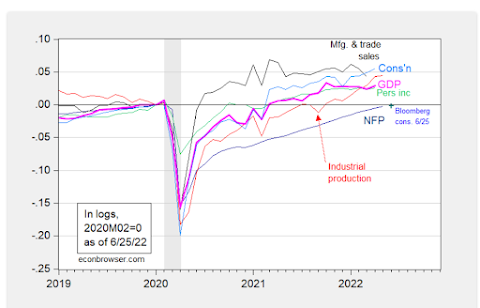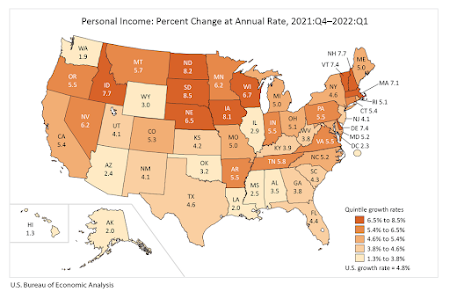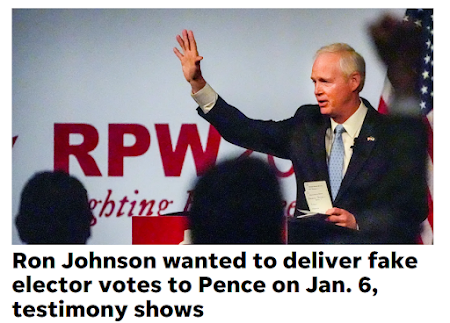Scott Walker-appointed Natural Resources Board member Frederick Prehn can remain past his term, Wisconsin Supreme Court rules -- via @SchulteLaura https://t.co/WE4BWFxwdb
— Patrick Marley (@patrickdmarley) June 29, 2022
The justices ruled 4-3 against the request by Attorney General Josh Kaul, who sought last year to force Prehn to vacate his seat on the board, upholding the decision of a Dane County circuit judge In the ruling, Supreme Court Chief Justice Annette Ziegler said in the majority opinion that the expiration of a term does not create a vacancy, meaning that holdovers in any position appointed by the governor can remain until a confirmation hearing is held by the state Senate. According to the ruling, vacancies are only created by death, resignation or the removal of an incumbent.Oh, so I can just skip rental payments and stay in an apartment without consequence? And I'm sure most contractors can just stay on the job and get paid past their end date, as long as there is no replacement, right? Along with Prehn's willful obstruction, the main culprit here is the gerrymandered GOP Senate, who refused to hold any hearings to confirm Evers' replacement for Prehn over the last 13 months, because that's what those fascist lowlifes do. And we know that Prehn was conspiring with Senate GOP Leader Devin LeMahieu's staff and failed ex-Gov Walker to stay on the DNR Board, and avoid any votes on his replacement. However, Governor Tony Evers is not out of options on this situation, despite a lot of gnashing of teeth I see in social media. The 4 Republican "justices" even explained in their decision what could be done.
The ruling also highlighted that Prehn can be removed for cause, meaning inefficiency, neglect of duty, official misconduct or malfeasance in office. "Although the Governor does not have a free hand to control who sits on the DNR board, the Governor has authority to remove DNR Board members 'for cause' while they serve in office," the decision said.Seems like the answer is right in front of us.
What would happen if Evers fires Prehn and appoints a temporary replacement? Sure, "Big Fish, Small Ponder" Frederick Prehn will whine and play victim, and Robbin' Vos and other GOP hacks will complain about "playing politics". But otherwise? I'd guess an explanation of "the guy's term was over and he wouldn't leave" would have about 75% support among voters, and I dare WisGOP to try to call a special session before the election to....fire Evers' appointee? They don't want that attention, and GOPs are already fighting an uphill battle at the top of the ticket - the Marquette Law Poll had them losing the Gov race by 4-17 points, and Ron Johnson trails most potential Dem opponents. And that was before RoJo was named in the 1/6 plot and Roe v. Wade was overturned. They don't want to draw more attention down the ticket and lose more seats out of their illegitimate "majority" in the Legislature Evers cannot win by "going high" and shrugging off the scum that is your 2022 Wisconsin Republican Party. And Dem voters are dying to see their leaders step up and take action to cut off the power plays of these weenies instead of rolling over (same is true in DC, by the way). So I'd highly recommend that Evers fire Prehn by this weekend, and let the chips fall where they may. Much better than accepting an unacceptable, one-sided situation.BS decision to be sure. However, @GovEvers can still fire the GOP squatter from the DNR Board “for cause.”
— JakeEdwards (@JakeMadtown) June 29, 2022
I’d say overstaying your term for 14 months and conspiring with GOP politicians to do so is “good cause.” #FireHim#wiunion #wipolitics #wigov @DevilRadio927 @benwikler https://t.co/8Xkz7kwRqO

































